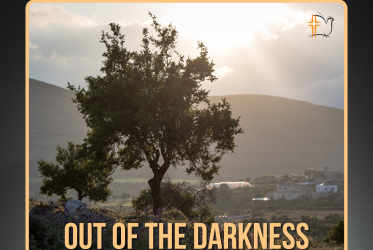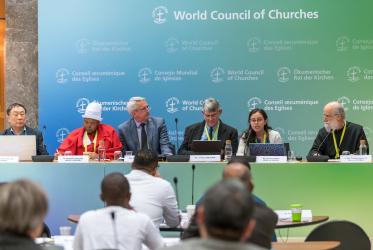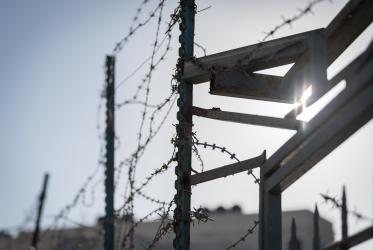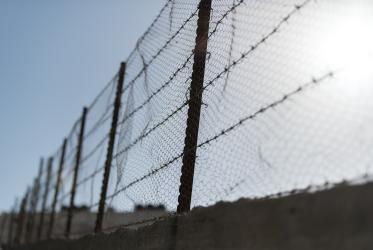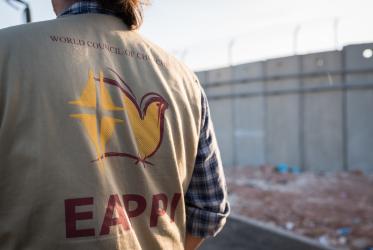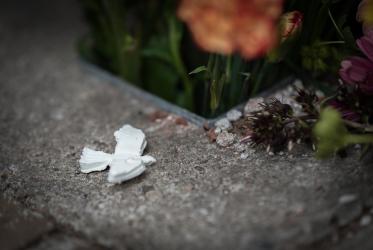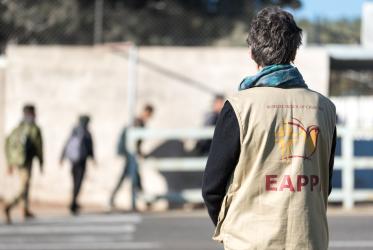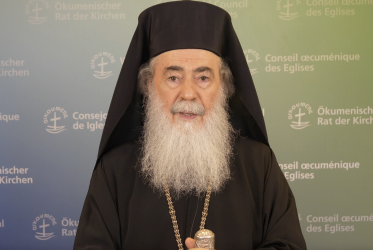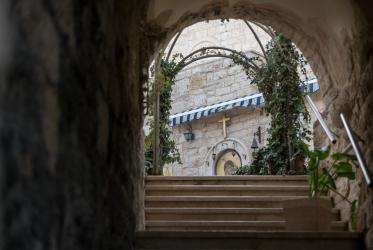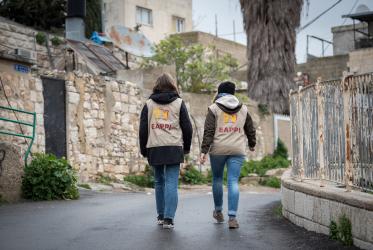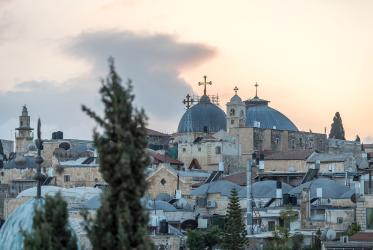Displaying 1 - 20 of 183
Violations of human rights escalate in Masafer Yatta, Jerusalem
30 November 2023
Violence against Palestinians is rising in the West Bank
16 November 2023
Ecumenical accompaniers report growing violence against Palestinians
21 September 2023
Global prayer reflects on spiritual home in the Holy Land
18 September 2023
WCC calls on Israeli government to allow access to holy site
21 August 2023



